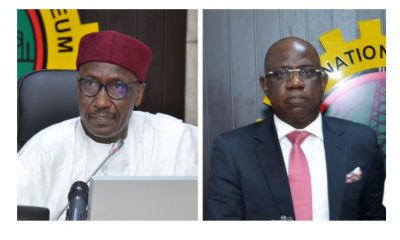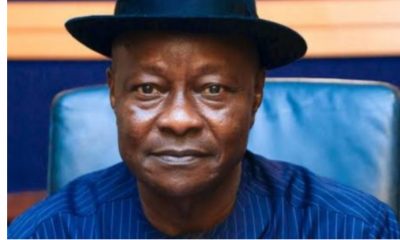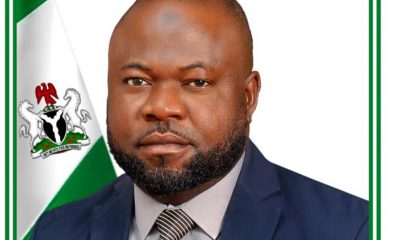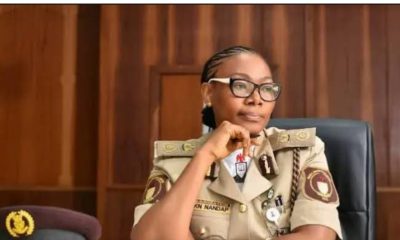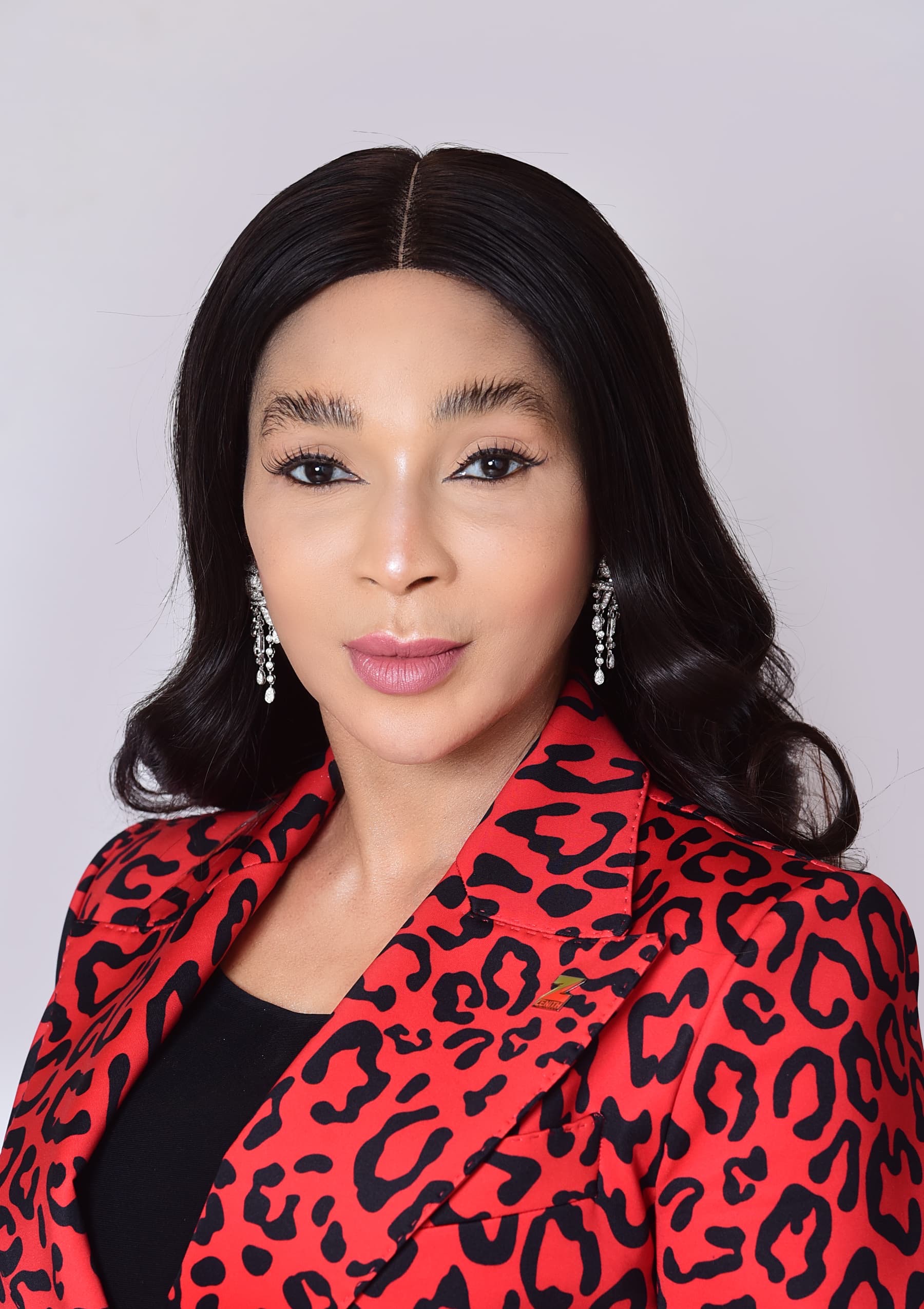INUNDATED with complaints from property owners over the revised Lagos State Land Use Charge (LUC) Act, Governor Akinwunmi Ambode yesterday explained what informed the review. He said his doors were opened for dialogue.
According to him, the government is not oblivious of the outcry against the law. His administration, he said, was not out to overburden property owners.
Ambode was speaking at a parley with business executives under the auspices of the organised private sector (OPS). He said the decision to review the law more than a decade after its enactment was in the overriding interest of the future of Lagos as a mega city.
At the parley tagged: “Lagos means business”, were captains of industry including: one-time Cross River State Governor Donald Duke; First City Monument Bank (FCMB) Group founder Otunba Subomi Balogun; Premier Lotto Limited Chairman Chief Kessington Adebutu; Eleganza Group of Companies Chairman Alhaji Rasak Okoya and Zenith Bank Chairman Jim Ovia.
Others are: Deputy Governor Mrs. Oluranti Adebule; United Bank for Africa (UBA) Chiarmen Tony Elumelu; Honeywell Group Chairman Oba Otudeko; former Industry Minister and immediate-past Lagos Chamber of Commerce & Industry (LCCI) Mrs. Nike Akande; Channels Television Chairman John Momoh; Pivot Companies Limited Managing Director Kehinde Bolodeoku; members of the diplomatic corps, top business executives and high net-worth property owners, among others.
The governor explained that the Law, enacted in 2001, provides for an upward review every five years, but that the government did not review it until last year, adding that the review was in line with the present economic realities.
Ambode said: “The law was made in 2001. It provides that every five years, we should review it and also find a way to increase. Fifteen years after (up until 2017), the law has never been reviewed. Now, the question is this; those who are having commercial properties, the rental income they were getting in 2002 as against the rental income they are getting in 2017, is it the same?
“The level of infrastructure that existed in 2002, as against what has happened in the last 15 years, is it the same? Did it not come at a cost? So, why is the market value of the property that you built with N1 million naira, 15 years after, you are selling at N20 million. Why do you think somebody who is a buyer will pay N20 million for it? Is it not because of the facilities around the property? So, we have to sacrifice; that is how it works everywhere.
“So, somebody comes and say, we have increased by 400 per cent. The question is, the 400 per cent of what? You were paying N10, 000 before, now we say you should pay N50, 000 and you are calculating and turning statistics upside down by saying it is 400 per cent.”
He went further to explain that while the revised LUC Law requires owner-occupiers to pay just 0.076 per cent, pensioners, churches, mosques, non-governmental organisations and government institutions are exempted from payment.
His words: “So, who is the one that will take care of the ones that are free? If you are owner-occupier, you don’t need to pay. So, it’s the commercial part that people are complaining about.
“Why have we increased the rate? We should have been doing this every five years but I am looking at it if I must sustain the level of my vision, I have to give something back to the people.
“I don’t have to come and meet you if I continue to borrow money, but we are borrowing to punish you ultimately which is not what we want because it is even the taxes you pay that would pay the interest and the principal. Somebody needs to tell us the bitter truth for us to sacrifice together and that is what we have done.”
Reeling out statistics to explain the challenges that would confront the state in the nearest future, the governor said Lagos has been projected to become the third largest consumer market in the world with a population of 35.8 million, closely behind Tokyo in Japan and Delhi in India.
It is expected that the population growth and rapid urbanisation would overstretch existing infrastructure and put public services under pressure.
Ambode said the state requires a minimum of $50 billion over the next five years to bridge the gap of infrastructural deficit, even as he proposed a special infrastructure fund to be driven by the OPS to address social challenges as the way to go.
“Assuming the entire budget for 2018 is spent only on infrastructure development, Lagos will be left with a deficit of about N14.47 trillion and also require an additional 19 years of similar expenditure to bridge the infrastructure deficit”, Ambode said.
The governor expressed concerns that only about two million out of the eight million taxable adults in the state have filed their tax returns. Only 700,000 actually paid their taxes last year, Ambode said.
“We are 24 million; taxable adults in Lagos are eight million. The number of people that actually submitted tax returns in 2017 is two million and then only 700, 000 people paid their taxes,” he said.

Ambode said the current tax returns were not enough to cater for the ongoing capital projects across the state, adding that major cities across the world with thriving economies are sustained by the taxes paid by residents.
Thanking the business community for their support over the years, Ambode renewed his administration’s commitment to the creation of an enabling environment for businesses to thrive, adding that concerted efforts have been made to aid the expansion of their businesses in the state.
This, he noted, would have multiplying effects on the state’s economy.
“I invite you to come and own the economy. Whatever you say here would be taken seriously because this gathering is not just about knowledge sharing; it’s more about the future of Nigeria and not just Lagos,” the governor said.
In his remarks, Alhaji Dangote commended the governor for deeming it fit to organise a forum to meet the business community in the Centre of Excellence, describing it as a demonstration of Ambode’s passion to take Lagos to the next level.
He also said the economic drive by the government was one that required all and sundry to rally round the government and perform their civic responsibility of paying their taxes as and at when due.
The Dangote Group President said: “I am more convinced now and I think people should really be voluntarily paying taxes in Lagos. I think for the people who are doing business here, Lagos is the most-friendly states in Nigeria. If you really want to know, try other states and you will see…
“I am not advertising for Lagos but there is not a single time you go with a problem and the governor will ask you to go and come back tomorrow because in most cases, he will call everybody and say let us sit down and sort out the issues. So, your Excellency, we congratulate you and assure that we will continue to support you.”
Banks’ executives Ovia and Elumelu lauded the governor for the massive infrastructural renewal projects across the state especially in the area of security.
Ovia, said that business owners now feel safe to invest in the state owing to the investment in security, just as he commended the governor for sustaining the Lagos State Security Trust Fund (LSSTF), a public-private partnership designed to enhance local security.
“Your Excellency, you have spoken today like a Chairman/CEO of a company to his shareholders. We are definitely one of your shareholders and we would renew your mandate in 2019 there’s no doubt”, Ovia said.
The duo promised to increase their donation to the LSSTF and called on others to contribute their quota to the enhancement of the state’s security architecture.

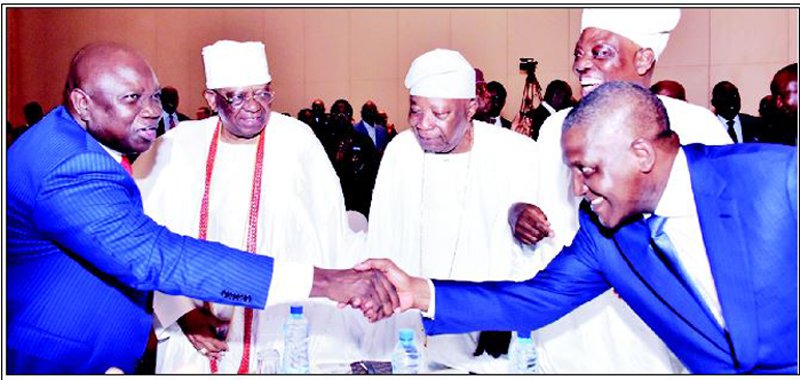

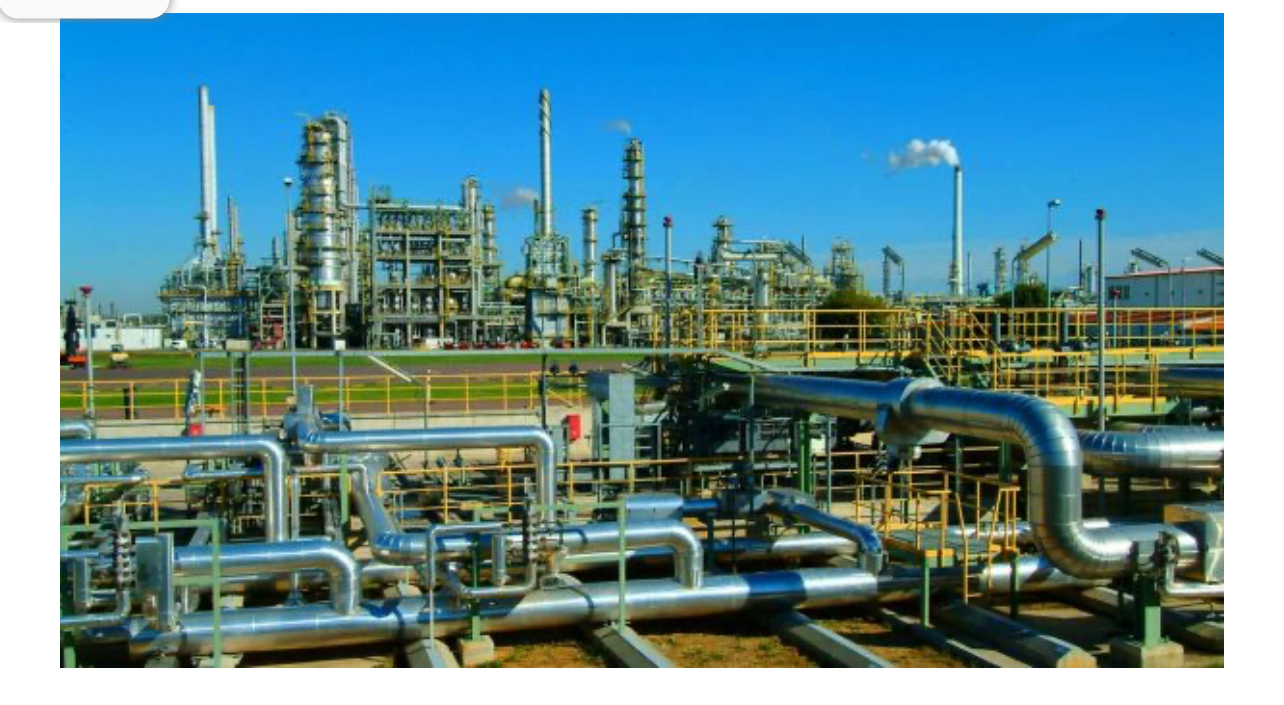
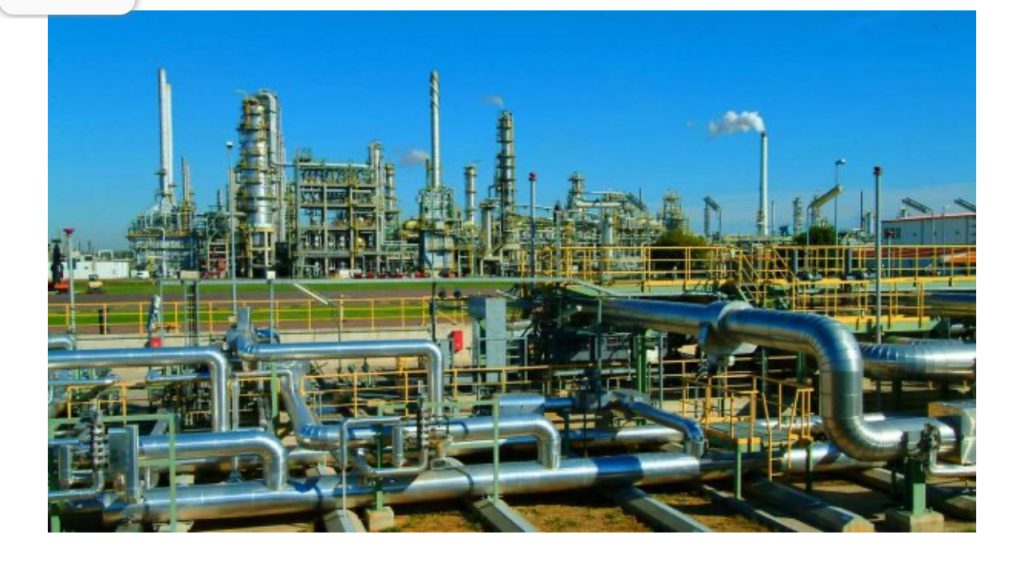 The Federal Government has confirmed the crude and refined product sales in Naira initiative remains a standing national policy and will continue indefinitely.
The Federal Government has confirmed the crude and refined product sales in Naira initiative remains a standing national policy and will continue indefinitely.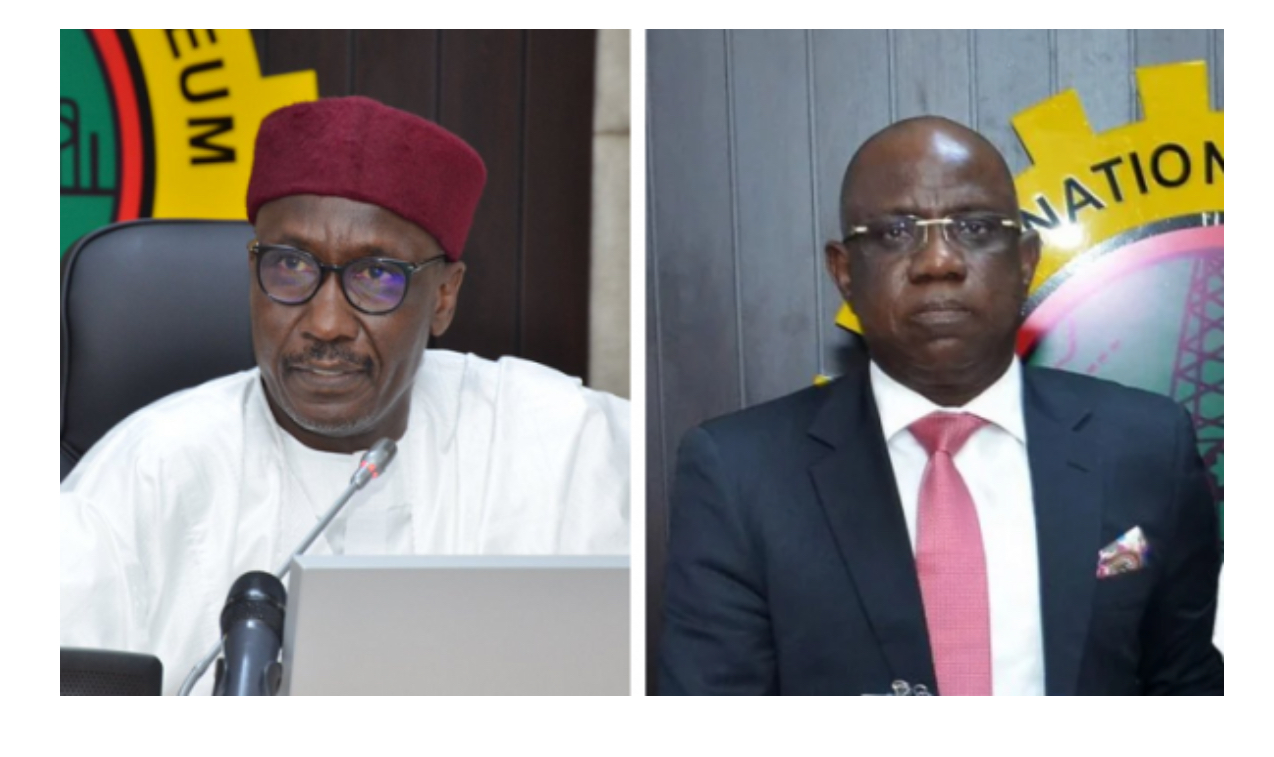
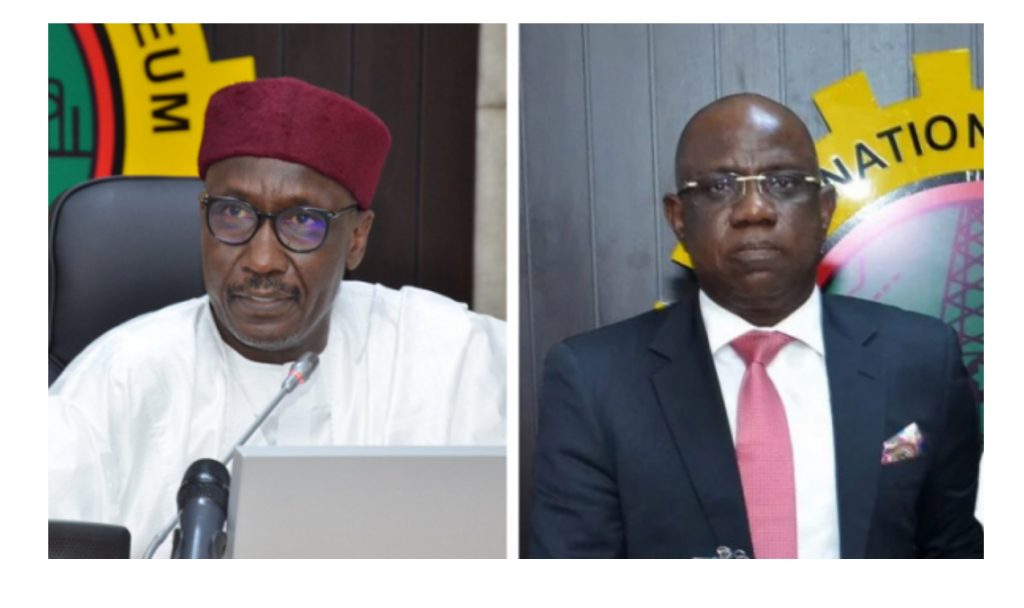 President Bola Tinubu has sacked the board of the Nigerian National Petroleum Company (NNPC) including its Group Chief Executive Officer, Mele Kyari and board chairman Pius Akinyelure.
President Bola Tinubu has sacked the board of the Nigerian National Petroleum Company (NNPC) including its Group Chief Executive Officer, Mele Kyari and board chairman Pius Akinyelure.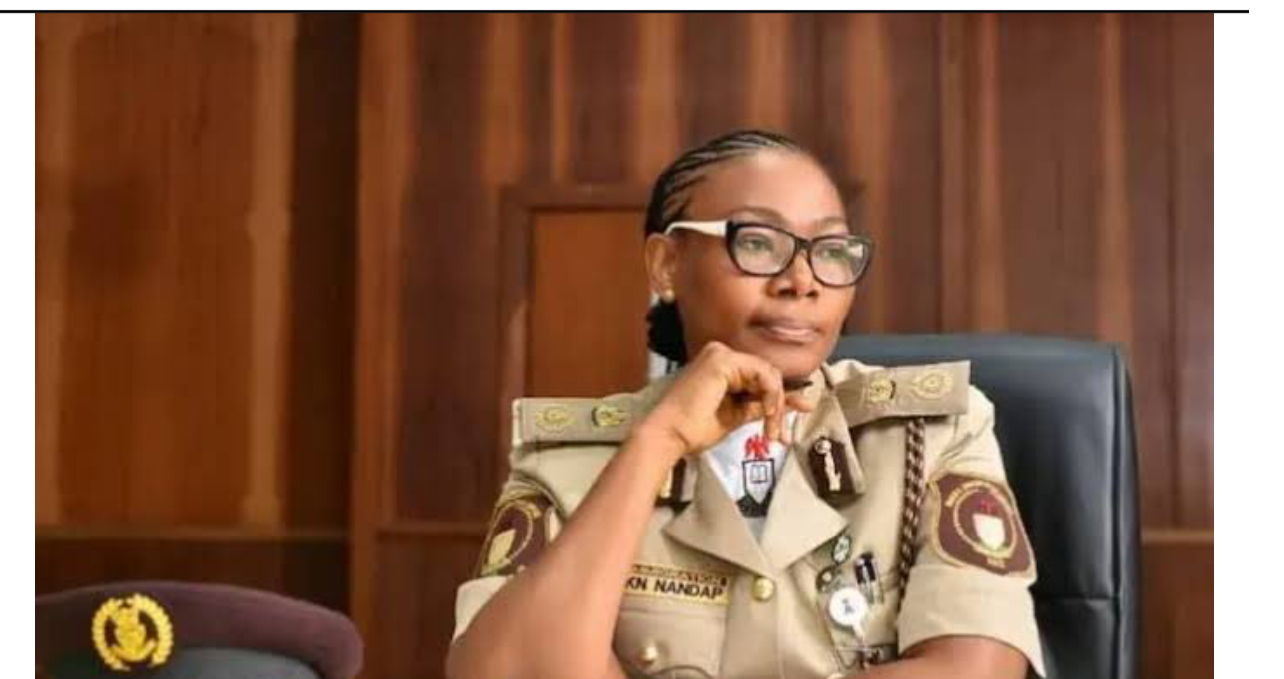
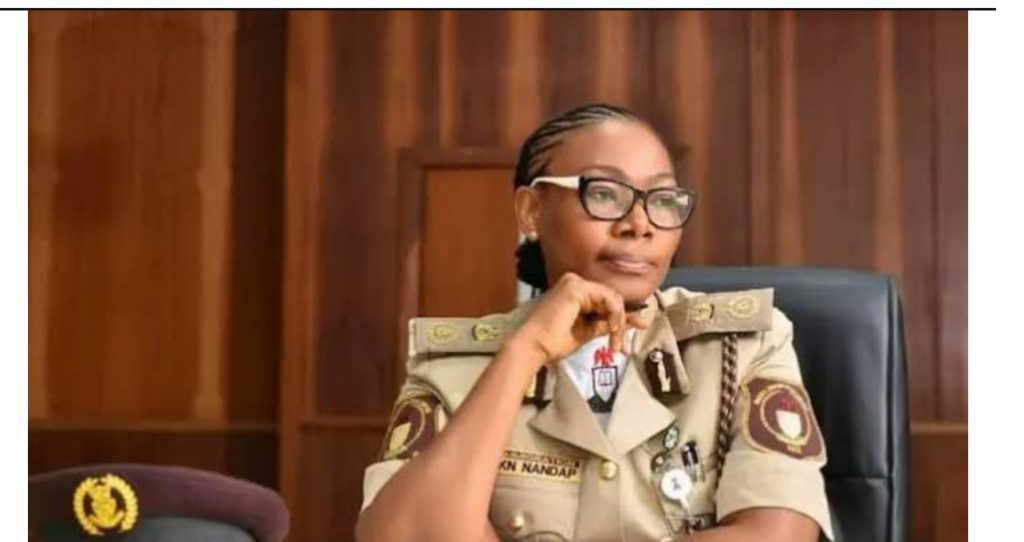 President Bola Tinubu has approved the extension of the tenure of the Comptroller-General of the Nigeria Immigration Service, Kemi Nandap, until December 31, 2026.
President Bola Tinubu has approved the extension of the tenure of the Comptroller-General of the Nigeria Immigration Service, Kemi Nandap, until December 31, 2026.



